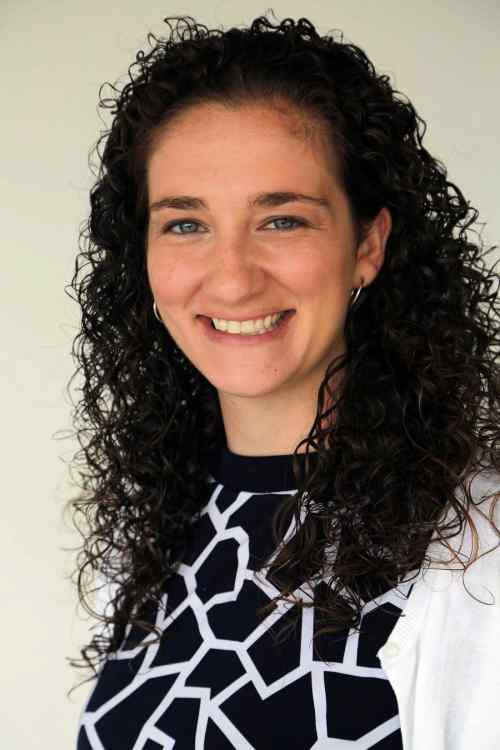Justice, Law and Society
The Justice, Law and Society Minor draws from the academic fields of anthropology, business management, criminology, philosophy and political science and provides students with national and global perspectives on justice and law issues.
Criminology is a sub-discipline of sociology. Students study complex societal issues associated with violent street crimes as well as white collar offenses. Students have a selection of courses available to them in criminology and social welfare areas which explore causes of crime, victimology, offender behaviors, and punishment in juvenile and adult systems. Students pursuing the Minor also take associated Social Science and Humanities courses to complete the minor.
What are the Specific Requirements for the Minor?
The Minor requires students take seven courses (28 credits) of work. 4 of the courses must be taken from offerings in the Department of Sociology and Anthropology. Introduction to Sociology (SOC 101) and Criminology (SOC 240) are required. One of the other two courses can be selected from offerings that focus on criminology such as:
| SOC 340 | Victimology |
| SOC 341 | Variant Behavior |
| SOC 347 | Juvenile Delinquency and Social Welfare |
Courses offered by the Department of Sociology and Anthropology which fulfill the fourth course requirement include:
| SOC 221 | Social Inequalities |
| SOC 484 | Field Experience in Social Welfare |
| ANT 109 | Introduction to Geographic Information Systems |
The three required courses to be taken outside the Department of Sociology and Anthropology are on a designated list of courses offered by the Departments of Business Management, Political Science, and Philosophy and Religion. This list includes:
| BUS 303 | Legal Environment of Business |
| POL 374 | International Organization and the Law |
| POL 407 | Law and Society |
| POL 422 | Civil Liberties |
| PHIL 225 | Ethics |
| PHIL 226 | Global Ethics |
| PHIL 300 | Business Ethics |
| PHIL 303 | Environmental Ethics |
| PHIL 325 | Medical Ethics |
| PHIL 335 | Philosophy of Law |
What Hands On Research and Applied Policy Opportunities Are Available to Students?
The use of geo spatial technologies to map crimes and layer other useful data with the geographic images provides new and powerful ways to understand community crime patterns. Here at the College, students are involved in constructing crime maps and learning that mapping guides data driven policy making for crime control strategies.
What Service Learning/Internship Opportunities Are Available Through This Minor?
Students can explore first hand, administration of justice issues. Students interested in victimology have opportunities to conduct service learning with victim service providers or with agencies using restorative justice models. Courses in juvenile justice and social welfare provide fieldwork internships. Students wishing to work in the Washington DC area are encouraged to review the offerings provided by the Washington Center.
IF I Pursue the Minor in Justice, Law and Society, What Employment and Graduate School Options Are Available?
Students who complete the Minor will be ready for advanced degree studies. Over 100 graduate programs in criminology/administration of justice are available in the U.S. and abroad. Students seeking a solid foundation for law school studies and entry level legal advocacy positions should find the Minor useful. For students entering the work force directly upon graduation, positions with research organizations, policy focused “think tanks” as well as federal, state, or local government agencies involved in administering juvenile or adult justice are good fits for those with the Minor on their transcript.
Learn more about research, applied policy, and internship opportunities from Dr. Rachel Durso.
Resources
General Information Links
American Society of Criminology
Academy of Criminal Justice Sciences
National Criminal Justice Reference Service
National Institute of Corrections
“The criminology classes increased my interest in law and influenced me to pursue a career in that area. Those classes also increased my knowledge about law and how society influences the criminal justice system and vice versa.”
- Sadie Robertson, ’16
